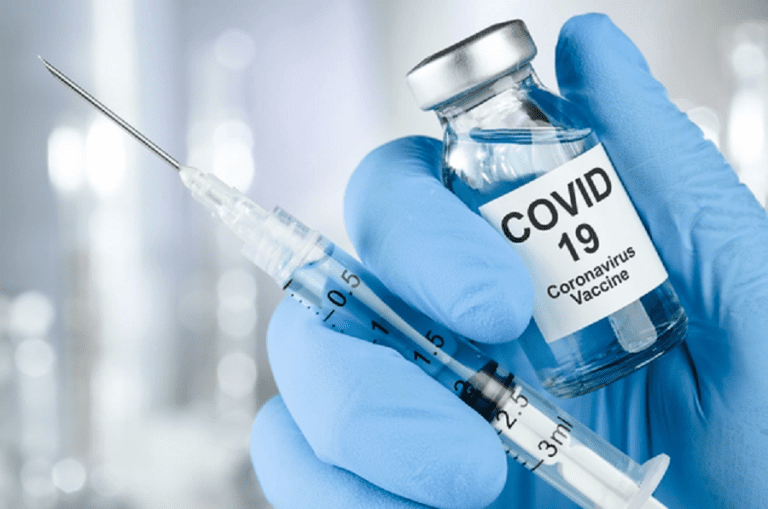
Following the distribution of moderna vaccines in 29 states across the country, the federal government has urged state governors to provide the necessary oversight and resources to ensure that the vaccines are kept at the proper temperature.
Dr. Faisal Shuaib, Executive Director of the National Primary Health Care Development Agency (NPHCDA), made the announcement at a press conference on Tuesday.
“Now that the vaccines have arrived in the states, we are counting on our governors to continue to provide the necessary oversight and resources to ensure that these vaccines are secured and maintained at the required temperatures, and that all eligible persons are mobilized to access the vaccines in order to protect themselves, their families, and their communities from COVID-19,” he stated.
Shuaib explained that after the vaccines were certified by the National Agency for Food and Drug Administration and Control (NAFDAC), the deployment of the moderna vaccines to states was delayed because “unlike the AstraZeneca vaccine, the Moderna vaccine did not come with complete barcoding.” And it’s critical for us to be able to track and trace the vaccines.”
Read Also: Corps members tasked on Covid-19 safety campaign
“Nigeria was the first country to use Track and Trace to monitor the movement and use of the vaccine,” Shuaib says. We know where each vaccine vial is in the country at all times.
“This takes a long time because it requires careful packaging, serialization, and end-user follow-up.
“We also want to make sure that any state to which we send the vaccine is fully prepared to receive it.
“Readiness” in this case refers to the state’s ultra-cold chain equipment being fully operational and capable of storing vaccines at the required temperatures.
Read Also: COVID-19: NPHCDA’s milestones under Faisal
“States must also have backup storage facilities, such as walk-in cold rooms, walk-in freezers, or chest freezers, with a reliable 24-hour power supply.
“In addition, the States must have completed the training of health-care workers who will monitor the equipment and vaccines.”
Dr Walter Kazadi Mulombo, the World Health Organization’s (WHO) Representative in Nigeria, insisted that the vaccines approved by NAFDAC and WHO are safe and effective.
He did, however, emphasize the importance of ongoing and extensive media engagement in order to raise the necessary awareness for Nigerians to come out and get vaccinated.